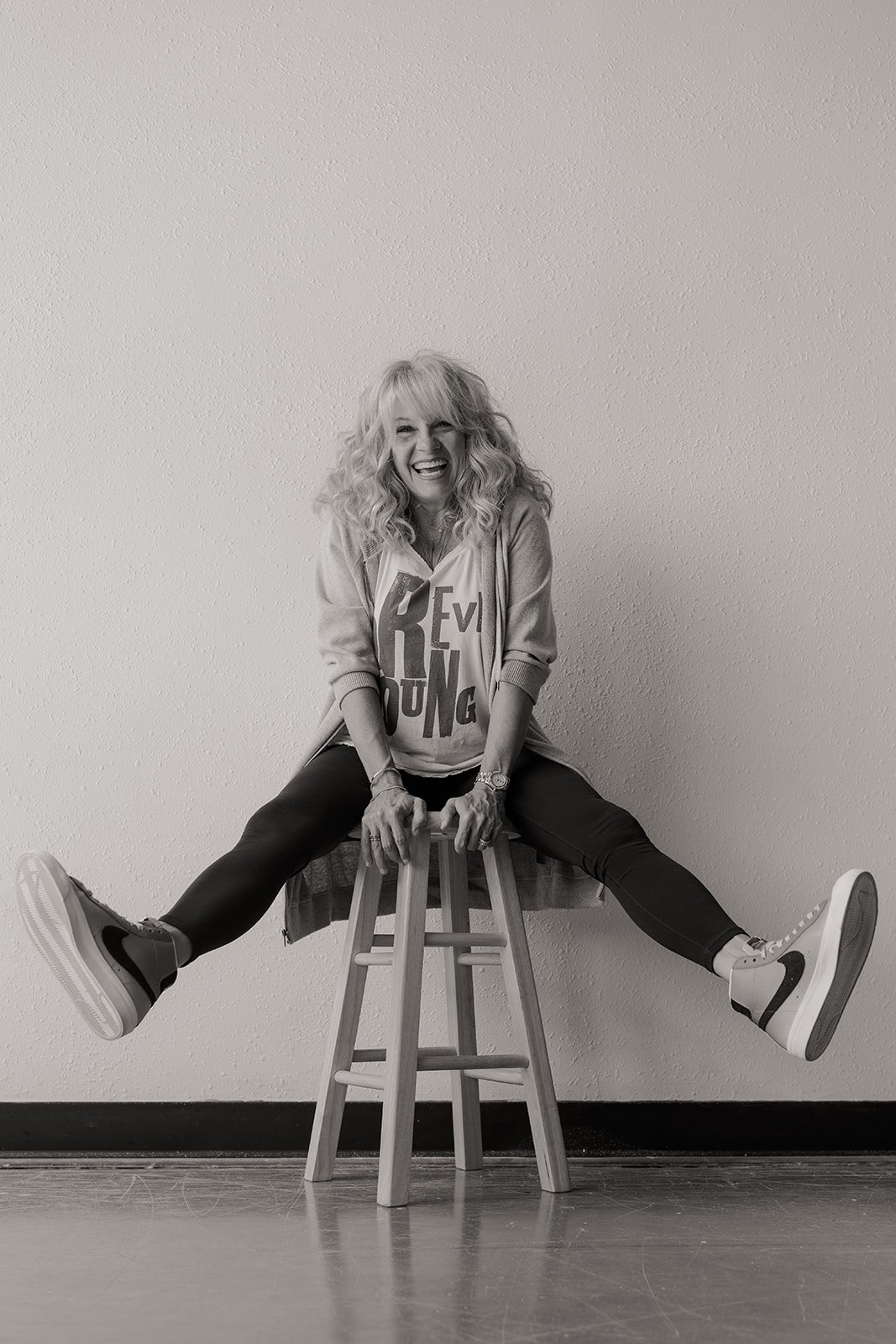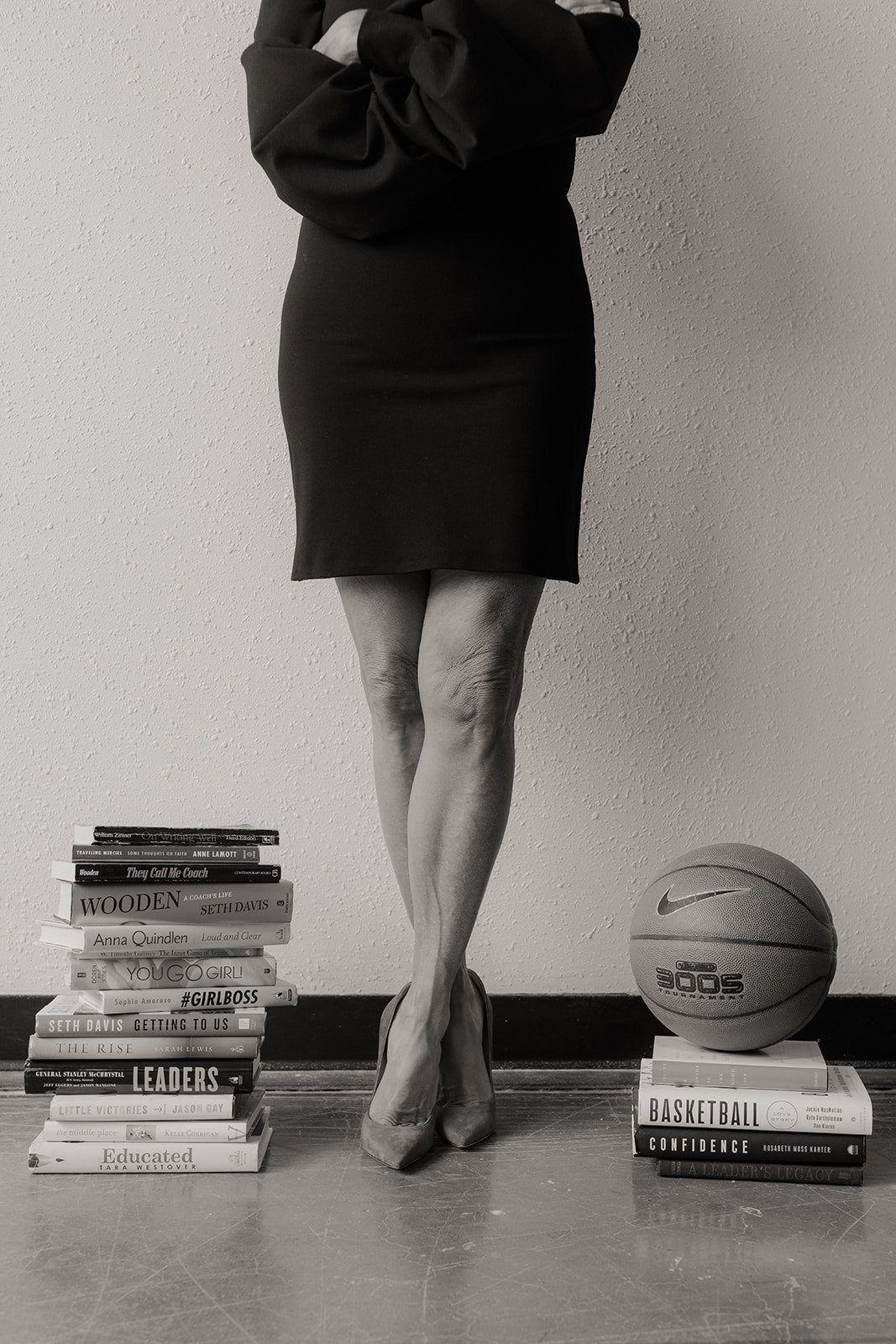A Weigh Of Life.



A Weigh of Life
By Sherri Coale
Filter - Categories
Filter - Publish Date
- November 2024
- October 2024
- September 2024
- August 2024
- July 2024
- June 2024
- May 2024
- April 2024
- March 2024
- February 2024
- January 2024
- December 2023
- November 2023
- October 2023
- September 2023
- August 2023
- July 2023
- June 2023
- May 2023
- April 2023
- March 2023
- February 2023
- January 2023
- December 2022
- November 2022
- October 2022
- September 2022
- August 2022
- July 2022
- June 2022
- May 2022
- April 2022
- March 2022
- February 2022
- January 2022
- December 2021
- November 2021
- October 2021
- September 2021
- August 2021
- July 2021
- June 2021
A Great Place to be From
Recently, I went back to my hometown to speak at their annual Chamber of Commerce dinner. As I drove past the pecan trees on the north side of town, the substance of a place that never tried to be anything other than what it was washed over me. It felt like I was surrounded by the community who had raised me, though most of the people are long gone. That’s the thing about a place people pour their lives into--it’s as if they live on in the water. For generations, you can feel them in the streets.
Digging in the Dirt
The first home my husband and I purchased was in a neighborhood full of new builds. The lot the house sat on was roughly the size of a shoe box with the front evenly divided into driveway and sod. A standard baby oak tree was stabbed into the center of the five rolls of Bermuda grass that constituted our front “yard”, and a tiny flower bed with three unkillable shrubs anchored the front door to the corner of the house. Other than that, there was no exterior dressing. From the outside it looked just like the fifth house down the street, which looked like the fifth house down the street, which looked like the fifth house around the corner, and so on. 16916 Applewood Drive was a naked mole rat in a family of naked mole rats. It needed cover, it needed softening, it desperately needed pizazz. And I desperately needed for it to look like it had been there for more than five minutes. So, I bought a bunch of gardening magazines, a shovel, a rake, and a spade, and I taught myself to grow things in the Oklahoma clay.
Run Forrest Run!
I hate running. But I love having run. In the small southern town where I grew up, in high school everybody did everything. We had to. There weren’t enough people to go around. So football players marched in their shoulder pads with the band at halftime, and basketball players ran track in the spring after the state tournament was over (whether they wanted to or not.) My senior year, we got a new basketball coach who instituted cross country, so I learned to do that, too. That’s just the way it worked in a one stoplight town. To get to what you wanted to do, you had to do some stuff that you didn’t. That’s one of those lessons that doesn’t get you much mileage on the ACT but has a pretty good payoff in life.
Guitars and Headsets
The Kansas City Chiefs vs the Buffalo Bills might just be the best football game I have ever seen. On January 23rd in the AFC divisional playoff game, two young quarterbacks with their teams hitched behind them like wagons, led their squads through regulation and into overtime in one of those instant classics where neither team deserves to lose and everybody who’s watching never wants it to end. It was brawn and guts and skill and grit and the kind of competitive greatness that sits at the top of John Wooden’s pyramid. But it did end. In overtime. Final score: Bills 36, Chiefs 42.
Hanging Around
Every evening about twenty minutes before their phones tell them the sun is supposed to set, people on the beach flock with cameras in hand to stare to the west. Part of why people go to Hawaii is to watch the sun show off. Both the rising and the setting are spectacular on the islands due to all sorts of scientific things like volcanic dust and trade winds and equator juxtaposition and the steep angle at which the sun dips in and out of view. So people –both the ones on vacation and the ones who live there—pause in the evenings to watch it go to bed.
Flat Stanley
You can study about the Sistine Chapel. You can look at pictures, stare at replica’s, read about Michelangelo’s process and genius, but it’s not the same as standing under the canopy. Once you’re in, the pictures and the rhetoric have a form. They take a shape. A shape you didn’t even know you didn’t understand until you stood there. Looking at a thing is not the same as looking from a thing. Unfortunately, it’s hard to know the difference until you stand inside.
What Should I Do With My Eyes
From day one when kids are learning to dribble a basketball, coaches teach them to keep their eyes up. At camp we used to walk backward in front of tiny dribblers while holding up numbers with our fingers that they were to identify as they bounced the ball while making their way down the court.
“You don’t need to look at the ball”, we would tell them. “It will come right back to you from the floor. Like it’s on a string. Trust it, learn to feel it. Let the ball become an extension of your hand. There are other things you need to look at. Just let the ball do what it does.”
Don’t Be Dumb
My best friend and I have a thing we say to each other when one or the other of us is behaving like a toddler. I might be whining about what a bad friend I’ve been (the kind of whine that’s really designed to elicit reassurance that I have not, in fact, been a bad friend at all but that I have rather been a quite wonderful friend, the type one would pray for by her bedside when she was a little girl), and instead of that, I get, “Don’t be dumb”. Or she might be going on about how she’s not sure if she can do a thing, how it might be out of her ability reach, though there’s never been a thing she could not do once she set her mind to it, and “Don’t be dumb” will be what I say as if it’s a conjunction, moving us on to other things.
Hope Floats
The 1998 chick flick was good, but it had no chance of outshining its title. Sandra Bullock made for an irresistible Birdee Puckett, the high school homecoming queen who moved away, married “well”, had an adorable daughter, got jilted, and then returned home only to fall in love with the local heartthrob, Justin Maltisse, who was played by Harry Connick, Jr. (Ah, yes, of course he was.) It’s the prototype for Hallmark Christmas movies with a little more meat on its bones. Yet, it pales in comparison to what they called it. The real star of this show is the title. Two words that do what they sound like when you hook them together and say them out loud.
Happy Chaos
For as long as I can remember, on the day after Thanksgiving, we put up our Christmas tree. My granny loved Christmas. Her tree was the fake kind you pull from a box and bend until the branches fill and tip like a real-life Douglas Fir. And it was packed with ornaments, the eclectic sort that complimented the strings of Santa face lights she bought by the boxloads at a pre-sale at TG&Y. Her tree never had a theme or a consistent color palette, like the ones we saw on tv or in the windows of department stores. It just bulged with things she loved and couldn’t resist, and mostly purchased at half price. It stood majestically in her living room, happy chaos in the corner from the last weekend in November until the day after Santa came.
Time
Covid has done a Jedi mind trick on time, making it creep for some and disappear for others. At the very least, it’s distorted how we see our days. It has long been an on-again, off-again lover-- this mysterious sidekick we call Time-- the one we can’t get enough of, the one we beg to go. The one that’s rarely, if ever, doing what we think it should. Funny how much we ignore it until we have too much or not enough.
Invisible Necessity
Great waiters and great referees have a lot in common. Both are at their best when you don’t notice that they’re there. It’s ironic, really. Their presence is essential and yet, they only make things better when they don’t get in the way.
Bastions of invisible necessity. Not the life goal a lot of people have taped to the front of their fridge.
That Age
“It was so nice to meet you”, said my friend’s grandma, as he put on his coat to leave.
“It was nice to meet you, too”, he said in return, though they’d never been estranged. “I love you so much!”
His headline gift was shining. Chief among his collection of many had long been his ability to meet people wherever they are.
It was Thanksgiving and the family had gathered again after skipping a year due to Covid. The holiday itself felt strangely familiar, like an old high school classmate he hadn’t seen in 20 years. A little awkward, but recognized and appreciated, like it hadn’t been in a very long time.
Life Moves
In the opening scenes of Apollo 13, Jim Lovell (aka Tom Hanks) is sitting in a lounge chair in his backyard. Neil Armstrong has just stepped on the moon and astronaut Lovell is next in line. The “one small step for man, one giant leap for mankind” party has disbanded, and Lovell is pondering his spot in history. He squints up at his outstretched thumb playing peek-a-boo with the cratered orb of the night sky, and says to his wife, Marilyn, “It’s not a miracle, you know. He just decided to go.”
Most things of significance begin just like that. You decide. And then you jump. The rest you just sort of figure out along the way.
Work Smarter Not Harder
Athletes are creatures of habit. They are drawn like shards of steel to a horseshoe magnet to things people say they cannot do. It’s part of their unique make up, part of what separates them from the ordinary folks who do not feel the pull. They are all about the hard.
The way they work is influenced by that, too. And it’s not always in the best interest of their prowess. They can get addicted to the grind, as well as to the thing that rarely happens--the feat of realistic competition might not ever give them a chance to try. They work and work and work. Sometimes in the wrong ways, sometimes even, on the wrong things.
Turkey Season
In elementary school, as a lead up to Thanksgiving, we drew turkeys by tracing our hands. A little thumb makes an excellent head from which to hang a wattle, and skinny fingers form a fabulous feather fan with just a smidge of imagination and a Crayola box of 64. My turkeys’ feathers were always elaborate, with bands of brightly contrasting color in shapes and designs more like the rick rack in my granny’s sewing box than the tail of a bird you’d find in a field. But I don’t guess I’d really ever seen one in real life at that age. I just designed what I thought it might look like. Or hoped that it could or would. That’s the beauty of not really knowing. You can make it look like whatever you want.
A Coach’s Playlist
1. “ Teach your children well”—Crosby, Stills and Nash
A coach has to be good at lots of things. Scheduling, strategizing, organizing, motivating, fundraising…the spectrum is wide and the expectations are high. But the most important thing a coach will ever do is teach. That’s the job, though it’s easy to get tricked into thinking there are more important things (like winning). Teach. Find ways to help others learn. Be innovative. Stay relevant. Teach well. That’s the heart of the position, regardless of how the job description reads. The other stuff is just window dressing.
Don’t Mess with Happy
“Don’t mess with happy.” That’s what Jay Wright said. He’s the immaculately dressed ball coach who strolls the sideline at the small parochial basketball powerhouse of Villanova. That’s been his response to the mating call of the biggest of the big, and I suppose to the pressures that accompany uber success as well. Don’t mess with happy. I love it. I keep it on a hot pink Post it note on the mirror in my study. It’s so insanely simple, I’m terrified I might forget.
Trees
My husband was born in Kansas, but he moved to Wyoming a couple of years before he started school. He was the middle child of school teacher parents, so he began Kindergarten with one foot already on third base. What he hadn’t been taught, he’d overheard, and what he hadn’t actually done, he’d watched. So, no one really should have been surprised at his response when early into semester one of organized schooling, his teacher asked the class to name the four seasons. A simple question to which he supplied an obvious answer: “Duck, Quail, Pheasant, and Deer.” One really ought to be more specific if wanting to talk about temperature and trees.
Conviction
My dad’s dad was a reader. The house he shared with Grandma on the corner of Plato Road had a library right off the front living room that was stuffed like a sausage with books and collections of periodicals. The occasional table beside his chair in the living room always housed three things: a pipe, a magnifying glass, and at least one or two editions of National Geographic magazine. Back editions of the clearly identifiable yellow rimmed covers formed a tower in the corner of the library floor. I never knew if Grandpa Buben saved them all or just his favorites, but they drew me like a magnet, mostly for the pictures, of course. That’s the way National Geographic told the stories of the world.




















